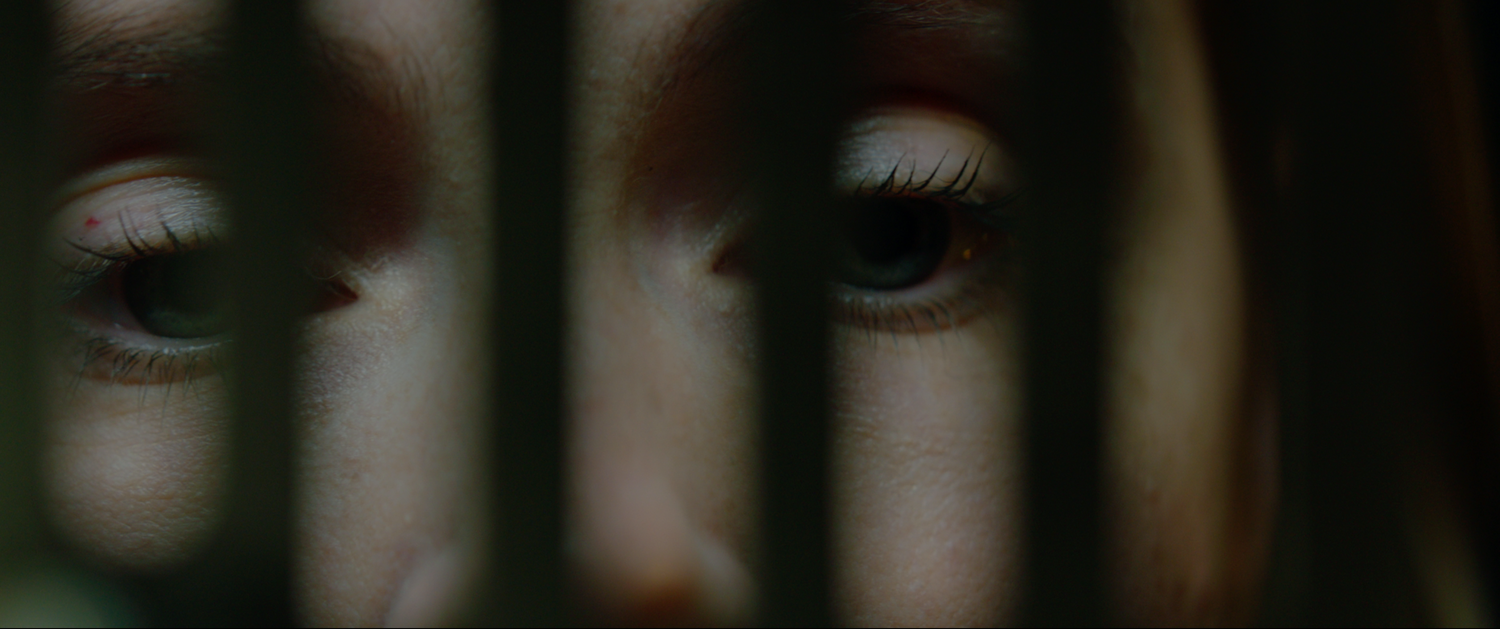
News
Summers Will Not Finish Semester of Teaching as Harvard Investigates Epstein Ties

News
Harvard College Students Report Favoring Divestment from Israel in HUA Survey

News
‘He Should Resign’: Harvard Undergrads Take Hard Line Against Summers Over Epstein Scandal

News
Harvard To Launch New Investigation Into Epstein’s Ties to Summers, Other University Affiliates

News
Harvard Students To Vote on Divestment From Israel in Inaugural HUA Election Survey
From LFF: An Interview with April Kelley and Sara Huxley of ‘Rose’

This week, the Harvard Crimson sat down with April Kelley and Sara Huxley, executive producers of the female-led horror film “Rose” which debuted at the 2020 BFI London Film Festival. The Crimson spoke with Kelley and Huxley about horror viewed through the lens of women, their switch from acting to producing, and the hardest scene to film.
The Harvard Crimson: Thanks so much for sitting down with us! For our first question: how does horror change when it’s created by women and viewed through their perspective?
April Kelley: They give them a sensibility. They really ground their characters and shape them with a lot of heart and nuances. I think if women can do anything, it's nuances and multiple messages all at once.
THC: You both seem to have an acting background — why switch to producing?
AK: When I was in the second year of my drama school, we had to do a presentation on what you'll be doing when you're not acting that isn't soul destroying. And I presented starting a production company and my tutor pulled me over to one side and said: 'would you like to do something a little bit more realistic, and come back next week?’ And I registered the company two weeks later, and haven't looked back. When you get behind the camera, you understand so much more about the scope of production. You [can] take control of making parts for people, giving opportunities to people, and driving more diverse female characters.
THC: What was the most difficult scene in the film to create?
Sara Huxley: It was the last scene, the big climactic scene. It was the hardest to shoot — it was the only thing that we had to do proper pick-ups on. We were assembling on site, and we were under so much time pressure. It's choreography, stunts; we put most of our money into that day. We had a stunt coordinator, we had special effects. And it was even harder when we got into the edit, just getting the pace right, because it's such an important scene.
JC: What's one thing that you learned making this film or something that surprised you about it?
AK: Why don’t we say each other's? So I think Sara would say, always, always have a production accountant in the budget.
SH: Just about to say that.
AK: We were on such a tight budget Joy, I was the production accountant. So we finished the production, and then we needed to actually submit the tax credit. Luckily, [I have] a few accountants in my family, but that was hard! And let me guess April's — Oh, yeah, another thing that we both learned, although the location was amazing, was always have WiFi! Our WiFi… was so bad, and there was no phone signal. It was a kind of a double edged sword: it was really lovely, because we just went completely off the radar. And we did old school paper call sheet drop offs through everybody's cabins at night, and people just had to be where they were told to be the next morning. So that was great — but we had to drive three or four miles up the road to telephone our phones and sit in our car to send emails!
THC: What do you think your next project might look like?
AK: We've got a few features. One is a horror comedy — [an] all female-led feature film, which is a lot of fun. And then another short we did called "Edith" that stars Peter Mullan and Michelle Fairley, which is directed by Christian Cooke. And then some more shorts, because we really see shorts as the gateway to testing our talent and our ideas. All that stuff is so important; I don't think we’re ever going to stop making shorts.
THC: Anything else that I forgot to ask you or anything else that you think our readers should know about?
SH: I just hope people really enjoy it! It's so hard when you make a film and you're in it and you know every single scene has so much context — from how it was to shoot the scene, to what happened on that day to how the crew was feeling to discussions about the music or sound effects. It’s hard when you're in it to kind of know if your film’s good anymore, so we just really hope people enjoy it.
— Staff Writer Joy C. Ashford can be reached at joy.ashford@thecrimson.com. Follow her on Twitter at joy_ashford.
Want to keep up with breaking news? Subscribe to our email newsletter.
